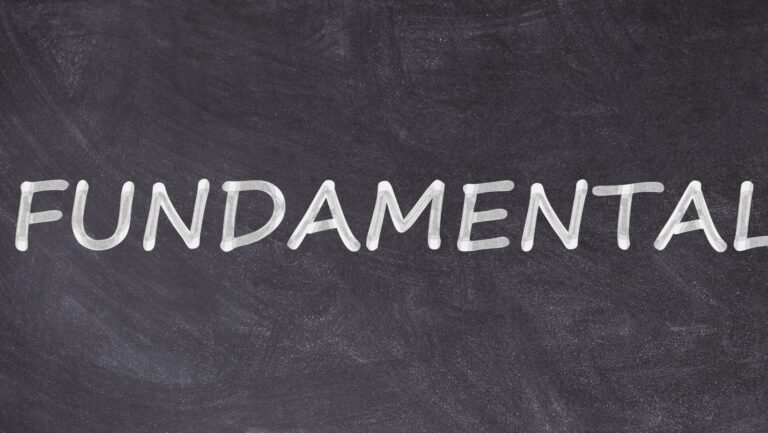Life’s unexpected events, like medical issues, job loss, or natural disasters, can significantly impact your finances. Having a budget in place for emergencies provides a financial cushion when you need it most, reducing stress and ensuring that you can handle challenges without severe financial setbacks.
By setting up a strategic emergency savings plan, you’re taking a proactive step toward securing your financial future. Here’s how to start preparing your budget with an emergency plan in mind.
Look for Ways to Save on Essentials
Start by looking for ways to save on essentials. For example, you could save on your electricity bill by using solar generators. These allow you to use solar energy to power your devices, which could lead to savings over the months.
Building Your Emergency Fund
An emergency fund is the foundation of financial preparedness. Ideally, your emergency fund should cover three to six months of living expenses, providing a buffer for unexpected situations.
Start by setting a specific savings goal and contributing a portion of your monthly income toward reaching it. Even small, consistent contributions can add up over time and help you reach your target.
Prioritizing Essential Expenses
When planning for emergencies, it’s essential to determine which expenses are critical and which can be minimized or delayed.
Essential expenses typically include housing, utilities, food, healthcare, and transportation. By focusing on these core needs, you can streamline your budget and allocate funds more effectively.
If you’re uncertain where to start, review your recent bank statements to identify essential costs and cut back on non-essentials like subscriptions or entertainment.
Automating Savings for Consistency
One of the easiest ways to build an emergency fund is by automating your savings. Set up a direct deposit to a separate account designated solely for emergencies.
This way, a portion of your paycheck goes directly into your emergency fund without requiring manual transfers, making it easier to save consistently.
Automating savings removes the temptation to skip a month or use those funds for other expenses.
Reducing and Managing Debt
Debt can place a significant strain on your finances, particularly during an emergency. Reducing debt before a crisis arises is essential for maintaining a stable budget.
Start by prioritizing high-interest debts, such as credit card balances, and making extra payments if possible. By decreasing your debt load, you’ll reduce monthly obligations and create more room for savings.
Consolidating debts can also be an effective way to simplify payments and lower interest rates. Consider reaching out to a financial advisor or using online resources to explore debt reduction strategies that fit your financial situation.
Reducing debt strengthens your emergency budget and lessens the burden of debt repayments if your income becomes restricted.
Exploring Additional Income Sources
Supplementing your income can accelerate your emergency savings and provide an extra layer of security.

Consider picking up a side hustle or freelance work that aligns with your skills, even if it’s temporary. Income from secondary sources can be directed entirely into your emergency fund, helping you reach your savings goal faster.
In addition to side work, selling unused items can bring in extra funds. Decluttering your home by selling items online or at local markets not only boosts your emergency fund but also frees up space, aligning with a minimalist, preparedness-focused mindset.
A Prepared Mindset for Any Situation
Setting up a budget for emergencies is one of the smartest financial decisions you can make. With a strong emergency fund, reduced debt, and careful spending habits, you’re better equipped to handle life’s unexpected challenges with resilience and confidence.
Financial preparedness is about creating a mindset of readiness that empowers you to face any situation, knowing you have a solid plan in place.




